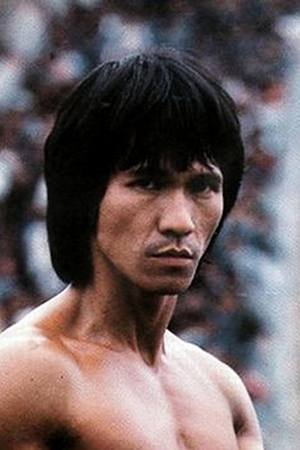
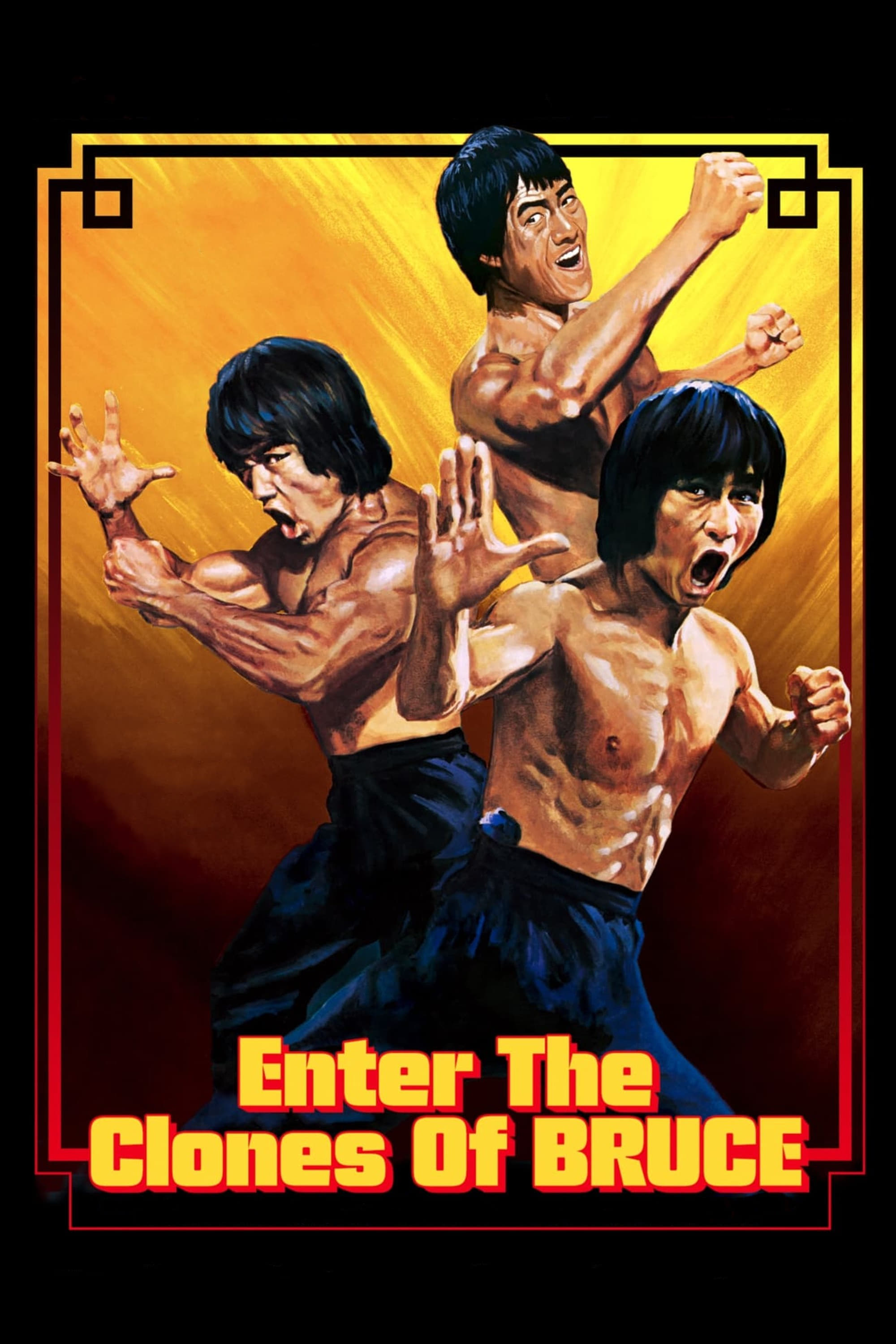
Get ready to play a game of death… and another… and another. This wild documentary dives into the Bruce Lee exploitation craze.
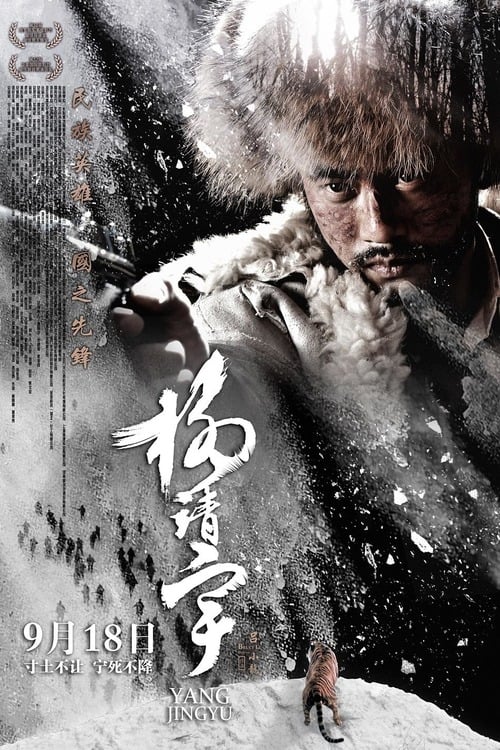
In the snow-capped Guandi Temple of Mengjiang County, the deputy commander of the Nanman crusade against the Japanese Kanto Army, Changde, led his subordinates to make a "solace offering" for General Yang Jingyu.
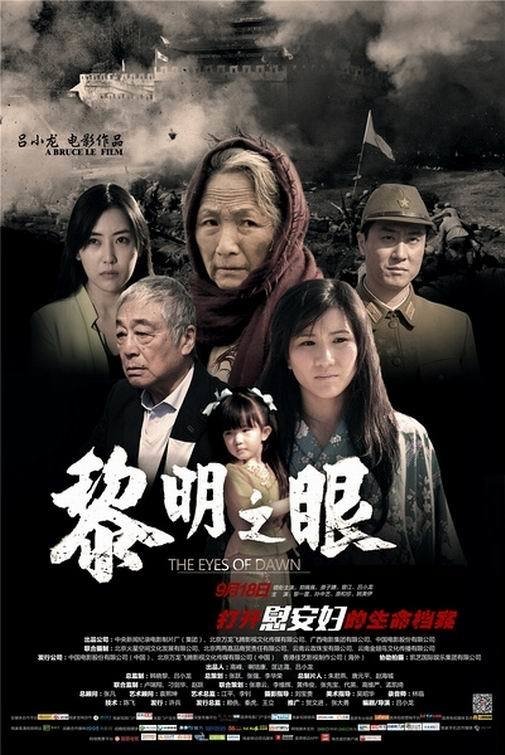
A remake in part of his earlier "comfort women" film (Comfort Women, 1994), which explored the exploitation of various Chinese women forced to provide ‘entertainment’ for the Japanese army during their occupation of China.
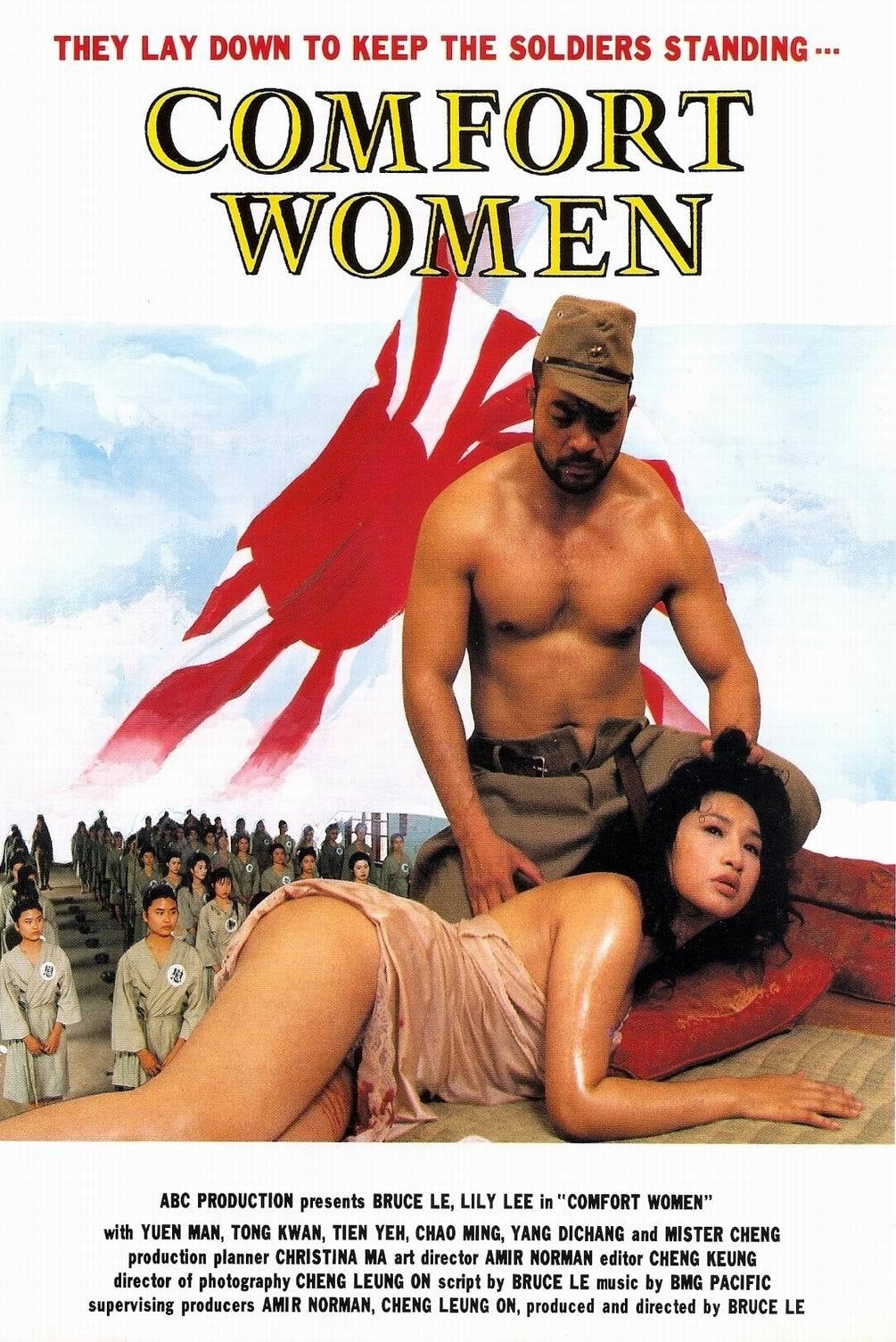
Tomi Akiyama and her boyfriend Nakamura are troubled about allegations about a Comfort House in China. Tomi gets into the camp, first as a journalist, but is then captured and sent in as a participant. Nakamura is upset by this particular event, and the situation in general, and takes action. The progress of several other characters is followed, including a kind-of happy hooker, a jovial chubby Japanese woman and a brutal and rude general, laced with stock war footage and historical inter-titles.
Bruce is hired by the CIA and the Chinese police to break up a major international drug ring.
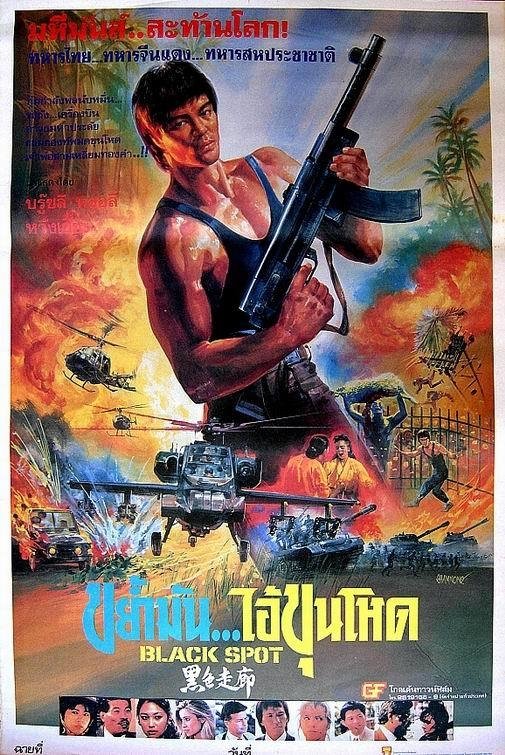
To survive, Huang, former opium trafficker, engages in illegal karate fights, a discipline which he is the undisputed master. He is contacted by Interpol, who asked him to infiltrate the opium networks of the Golden Triangle. At a secret meeting in Manila, Huang contacts Wei Chen, Hong Kong network leader, who entrusted him with an important mission in Thailand. Hung discovers that then heroin takes on a new road and interpol does not know the new road. Quickly suspected by traffickers, Huang with the force of his fists, engages a death struggle against the drug cartel.

Ninja Over the Great Wall takes place in the early nineteen-thirties when China was occupied by the Japanese imperial forces. Wa Chi Keung is a peasant who escaped the mass murder of his village by the Japanese. He joins his master in Bejing shortly before the old man's assassination by ninjas.
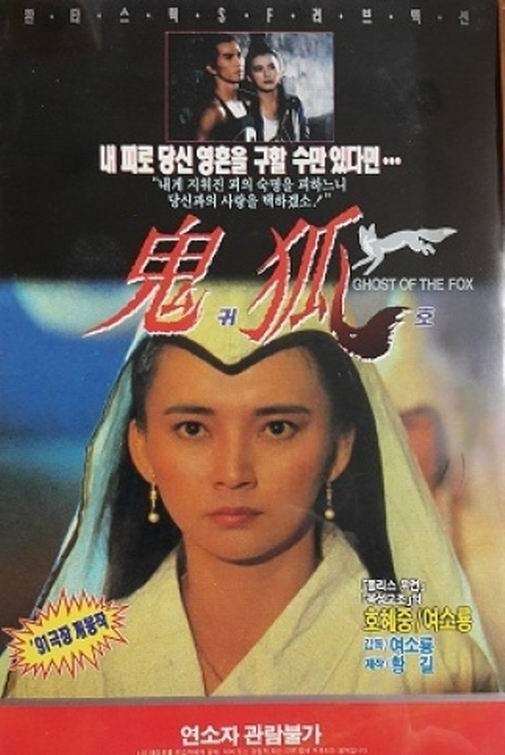
The story is a folk-tale, about the spirit daughter of the god of foxes, forced into service to the god of snakes, falling in love with a human scholar/ priest who happens to know a warrior/ priest who is dedicated to destruction of all such spirits.

What happens when people are out of ideas and product to sell at the film markets? They put together pieces of several kung-fu films with Bruce Le and call it Bruce's Last Battle! Bruce fights villain after villain as the ever-changing plot never stops in this non-stop madness! Shelved for years by 21st Century Distribution, madman Tom Ward has finally let it loose to make its home video debut!

The plot concerns a unit of US marines operating in the Vietnam war during 1970, with the movie opening on a raid in a village. After massacring the villagers, the marines steal the villages gold, much to the objection of their Vietnamese translator and guide. Skip forward past the credits sequence; it's now 15 years later, and members of the unit are getting murdered one by one. This leads to the former head of the group, now a high ranking military officer, announcing that the only person who is up to the job of finding out the identity of the killer is an Aussie, Major Brad Cooper.
Often called Bruce Le for Bruceploitation purposes. Huang Kin-Lung was a contract player for the Shaw Brothers, where he appeared in the science fiction opus Infra-Man. He did not spend much time with the Shaws, however, and quickly went on to making Bruce Lee inspired "tribute" films Born in Burma, Half Chinese Half Burmanese, he was educated in Rangoon when he was young. With this proficiency in martial arts, he started learning Hong Quan, White Crane, and Karate when he was 11 years old. Later Huang left Burma for Macau, where he founded a martial arts training school with some friends. His students came from Hong Kong and Macau. Veteran director Wang Feng was impressed by his skills in martial arts and invited him to join Shaw Brothers to play the role of Kuai Chueh Chi (literally "Ghost-foot Seven"), a disciple of the kung fu master Huang Fei-hung, in "Rivals in Kung Fu". In the late 1970s, Huang left Shaw Brothers and adopted the stage name of Lu Xiao-Long to continue his movie career. He played lead in various kung fu movies such as "My Name Called Bruce", "Enter the Game of Death" and "Bruce & The Dragon Fist". In 1992 he directed "Comfort Women".
By browsing this website, you accept our cookies policy.